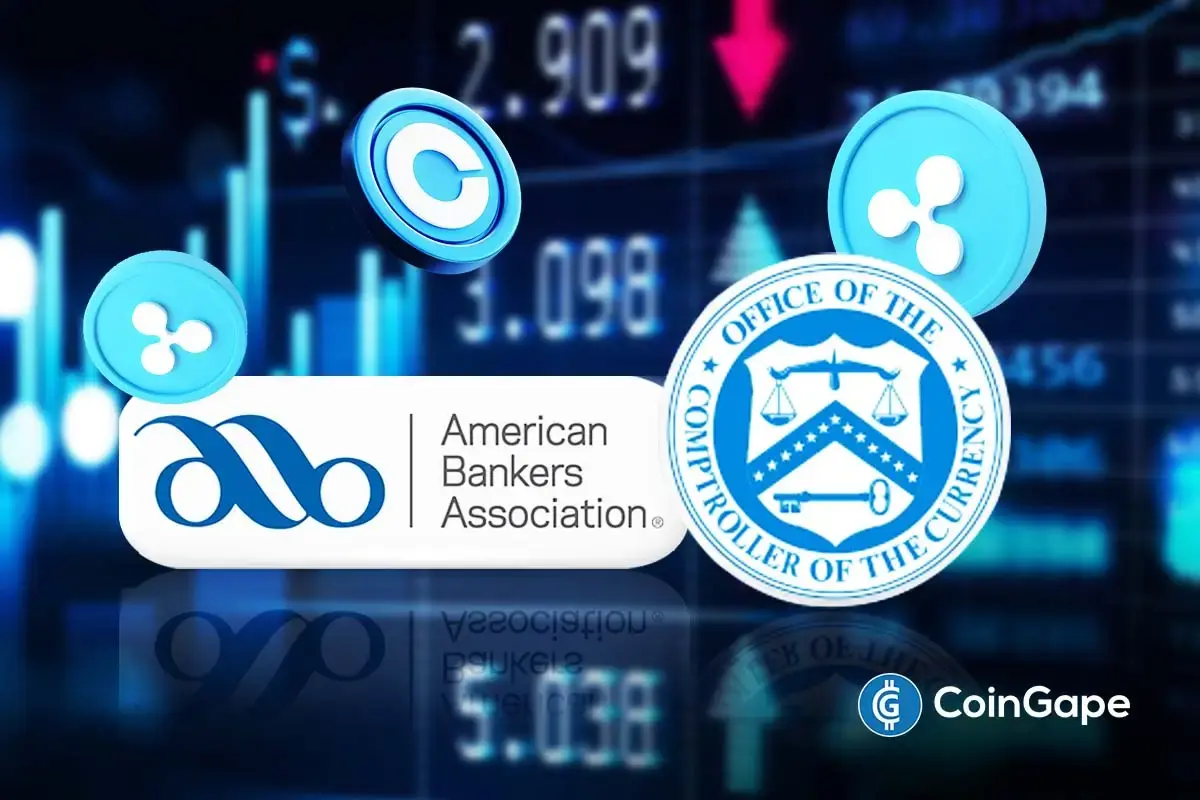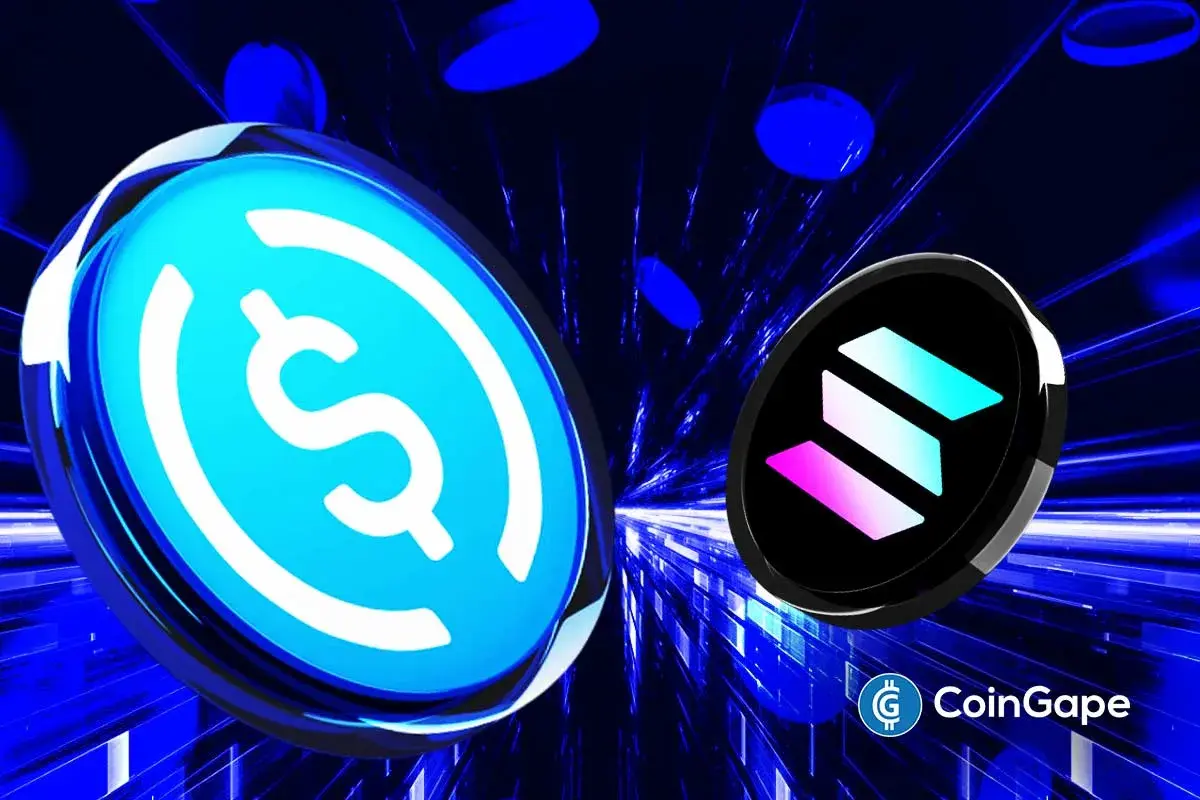Circle Envisions Becoming a Digital Currency Bank In the U.S.

Blockchain payments infrastructure service provider, Circle has unveiled its vision to become a national digital currency bank in the United States.
According to the press release issued by the firm, it has the aim to transform itself into a full-reserve Federal commercial bank, which would operate under the management of U.S. Federal Reserves and other regulatory bodies like the OCC, FDIC and the U.S. Treasury. Experts speculate, as the news has appeared right after the Poloniex-SEC settlement, it may be an attempt by the firm to gain good global exposure.
Circle Strives To Join Forces With The U.S. Federal Reserves
The financial technology firm rolled out the massive vision of joining forces with the American Federal Reserve and renovating itself into a U.S. national bank. The company has conveyed that if the banking industry is constructed on digital ledger technology it would completely transform the financial system into being more efficient, safer and resilient for the consumers.
In addition to the vision, the company’s CEO, Jeremy Allaire also noted that Circle’s stablecoin, USD Coin (USDC), might expand enormously in the near future and would extensively support high-trust economic activities around the space. He further noted that USDC may also become a prominent instrument in the financial sector and for internet commerce utilizations.
USD Coin was developed by Circle. It is the second largest stablecoin by market capitalization after Tether (USDT). At the time of writing, USD coin has a market capitalization of over $27 billion.
Circle has more ambitious plans
Circle has recently filed its registration statement to the Securities and Exchange Commission about a merger deal with Concord Acquisitions. Reportedly, Circle and Concord, both the firms will be acquired by some Irish Firm, and they will become a publicly traded company, which may be listed on NYSE later this year.
With the growing adoption of crypto assets by the federal authorities, the traditional financial system is also seeking a merger with present day technology. In such a situation, Circle’s vision appears to be a very calculated step by the company. Although, experts speculate that Circle may just be striving to gain a little more exposure around the markets by revealing its vision.
Moreover, the announcement appeared right after the Poloniex and SEC controversy. As previously reported by CoinGape, Poloniex did not agree to any wrongdoings, however, the charges from the SEC will be resolved by paying over $10 Million to the regulator as settlement charges. The settlement is a good one for Circle who acquired Poloniex in 2018 as it will not to come in the way of the former firm’s growth.
- Ripple’s RLUSD Gets Institutional Boost as SEC Eases Stablecoin Rules for Broker-Dealers
- Crypto Market Weekly Recap: BTC Waver on Macro & Quantum Jitters, CLARITY Act Deadline Fuels Hope, Sui ETFs Go Live Feb 16-20
- Robert Kiyosaki Adds To Bitcoin Position Despite Market Decline
- XRP News: Ripple Partner SBI Reveals On-Chain Bonds That Pay Investors in XRP
- BitMine Ethereum Purchase: Tom Lee Doubles Down on ETH With $34.7M Fresh Buy
- XRP Price Prediction As SBI Introduces Tokenized Bonds With Crypto Rewards
- Ethereum Price Rises After SCOTUS Ruling: Here’s Why a Drop to $1,500 is Possible
- Will Pi Network Price See a Surge After the Mainnet Launch Anniversary?
- Bitcoin and XRP Price Prediction As White House Sets March 1st Deadline to Advance Clarity Act
- Top 3 Price Predictions Feb 2026 for Solana, Bitcoin, Pi Network as Odds of Trump Attacking Iran Rise
- Cardano Price Prediction Feb 2026 as Coinbase Accepts ADA as Loan Collateral


















